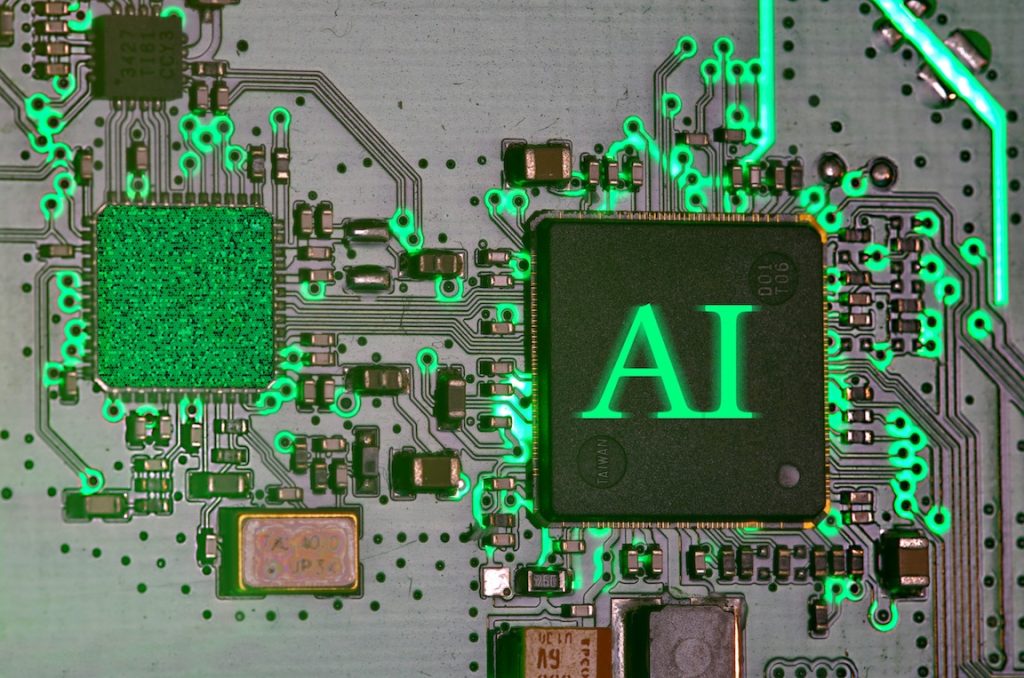Artificial intelligence (AI) is showing up in nearly every part of our lives, so it’s no surprise that it’s changing how we hire too. Across industries and around the world, AI in HR has reshaped how companies discover talent, connect with candidates and build teams. Processes move faster, candidate experiences feel more personal and data-driven insights lead to stronger decisions.
As a tool that extends the reach of the human touch, AI is helping teams build relationships, not just pipelines. For organizations focused on building a future-ready workforce, AI stands at the core of smarter, more strategic talent acquisition.
Freeing Up Time for What Matters
Today, 45% of organizations already use AI in HR functions, and that number is rising. In 2025, it is estimated that 80% of organizations will integrate AI into their HR operations. These numbers make one thing clear – the future of AI in HR has already arrived.
Modern HR teams juggle resume reviews, interview scheduling and candidate communications, all while trying to focus on bigger goals like branded experiences and workforce planning. AI supports these priorities by handling repetitive, manual tasks that slow down hiring, automating up to 40% of repetitive hiring tasks.
According to Gartner, 76% of HR leaders are already using or planning to use AI to improve efficiency and create more engaging experiences. With less time spent on repetitive tasks, recruiters can focus on higher-impact priorities – helping reduce time-to-hire and lower overall hiring costs. The global AI in HR market is also expected to grow from $6.18 billion in 2023 to over $17.6 billion by 2032, highlighting how businesses are doubling down on technology that saves time and drives value.
Matching Talent to Opportunity
Combining AI with human insight helps hiring teams understand candidates beyond just their resumes. It draws insights from learning histories, career trajectories and behavioral patterns to provide a far richer, more dynamic picture of a candidate’s true potential. By analyzing both hard and soft skills – and even predicting how a person might grow in a role – AI helps organizations move beyond static job descriptions and toward more strategic, skills-based hiring.
This makes it significantly easier to identify talent that not only fits the requirements of a role but also aligns with the culture and long-term vision of the organization. It opens the door to candidates who may have been overlooked in traditional processes, helping businesses tap into more diverse and high-potential talent pools.
McKinsey refers to this model as a “superagency,” where people and technology work in tandem to power smarter, faster and more inclusive workforce decisions. And in today’s competitive market, where skills gaps are widening and talent is harder to find, this kind of intelligent, adaptive approach has never been more important.
Read full article here
Artificial intelligence (AI) is showing up in nearly every part of our lives, so it’s no surprise that it’s changing how we hire too.

